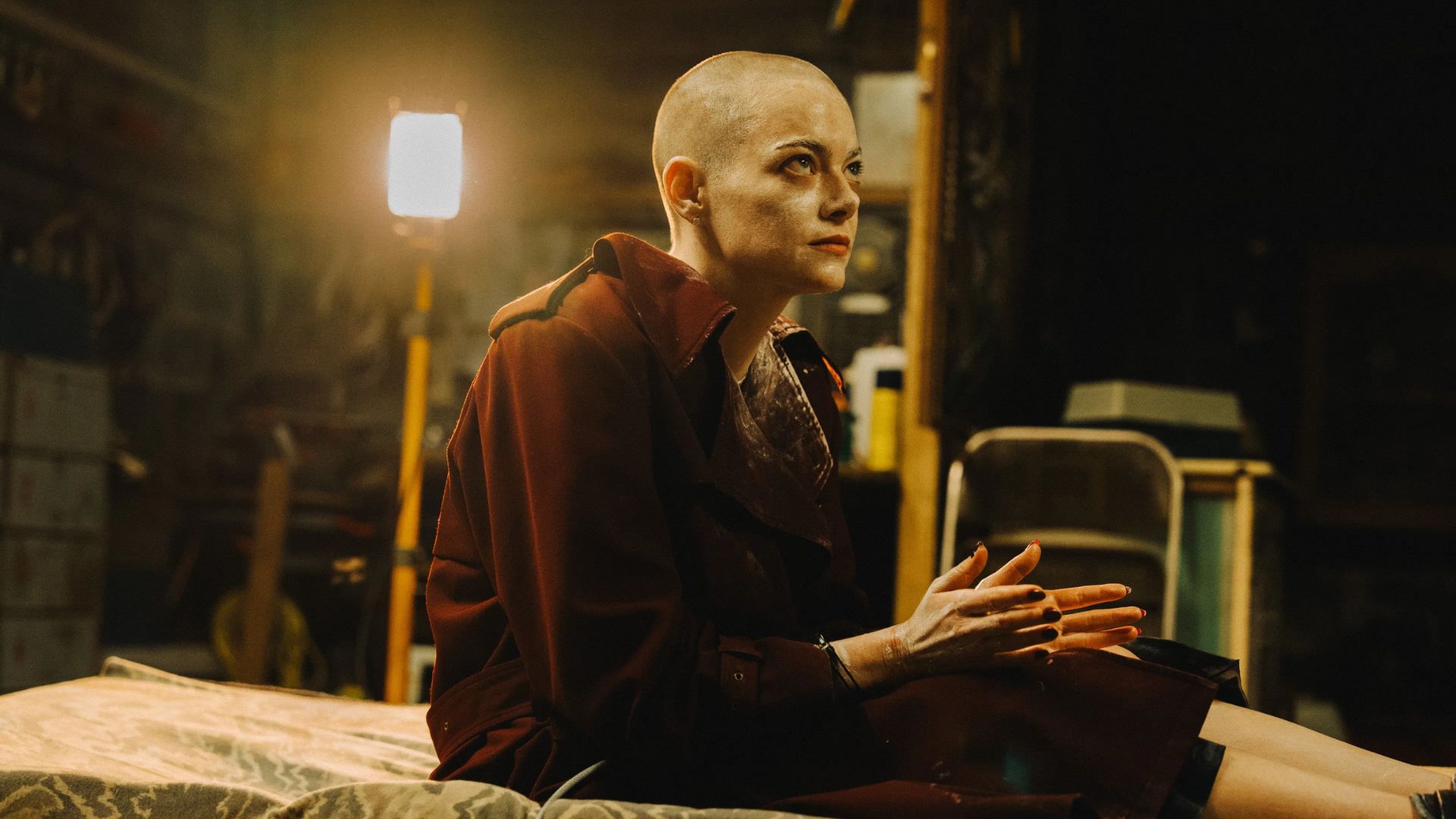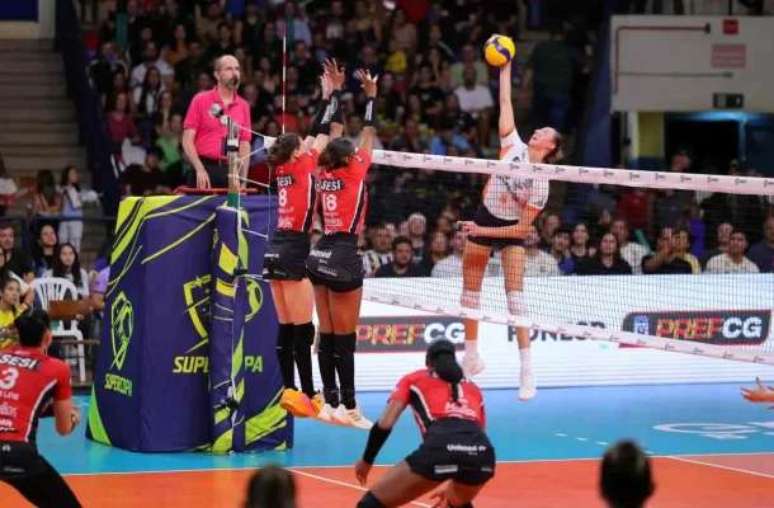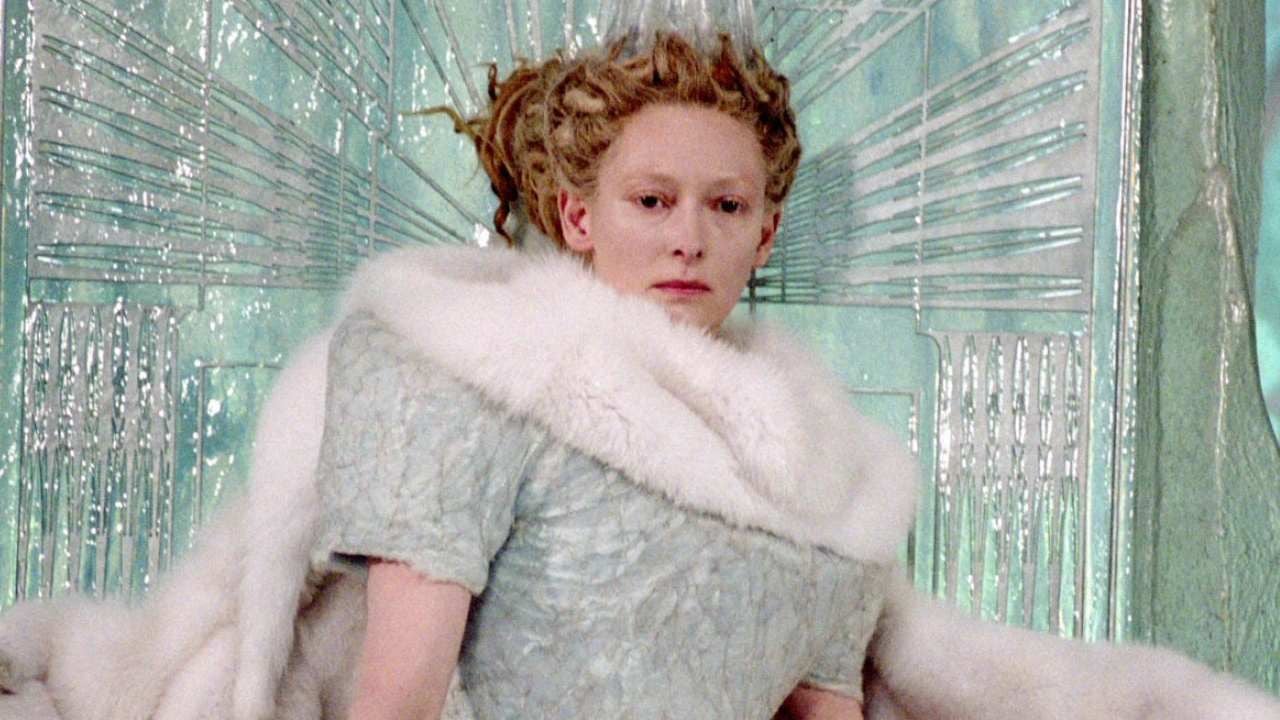Tapie concludes strongly
Series Tapie, which loosely traces the rise and fall of French businessman and politician Bernard Tapie, ends with his incarceration in 1997 at La Santé prison. Eight months of prison, following the conviction for corruption and falsification of witnesses in the sensational VA-OM case. But before these images, it shows above all the last episode of the miniseries the clash between Bernard Tapie and the Valenciennes prosecutor Éric de Montgolfier. A long and formidable dialogue scene, where the two men confront each other for 25 minutes.
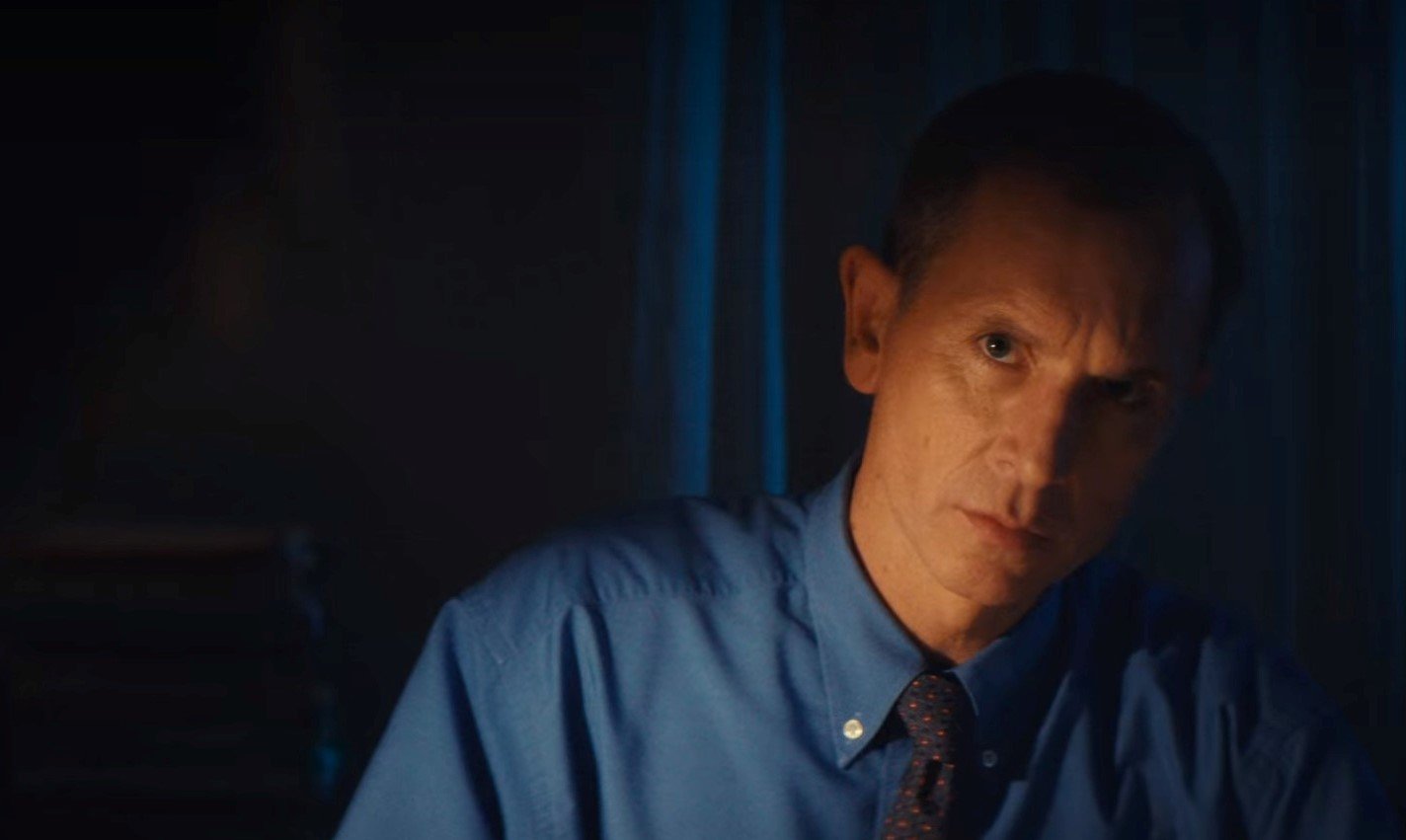
The sequence is compelling, also thanks to the extraordinary performance of David Talbot, the actor who plays the prosecutor. Naturally, Laurent Lafitte is no exception, captivating even at this moment. The prosecutor in charge of the VA-OM case is portrayed here as a man of profound intelligence and foresight, also gifted with moral rectitude infallible. An incorruptible and prudent magistrate and a formidable strategist as he allows himself to be trapped by Bernard Tapie instead of attacking him directly.
The real prosecutor, Éric de Montgolfier, now retired, looked on Tapie AND expressed his opinion on the series’ portrayal of him to France Info. The scene of their meeting in Tapie is entirely fictitious, but the two men met in reality during the procedure.
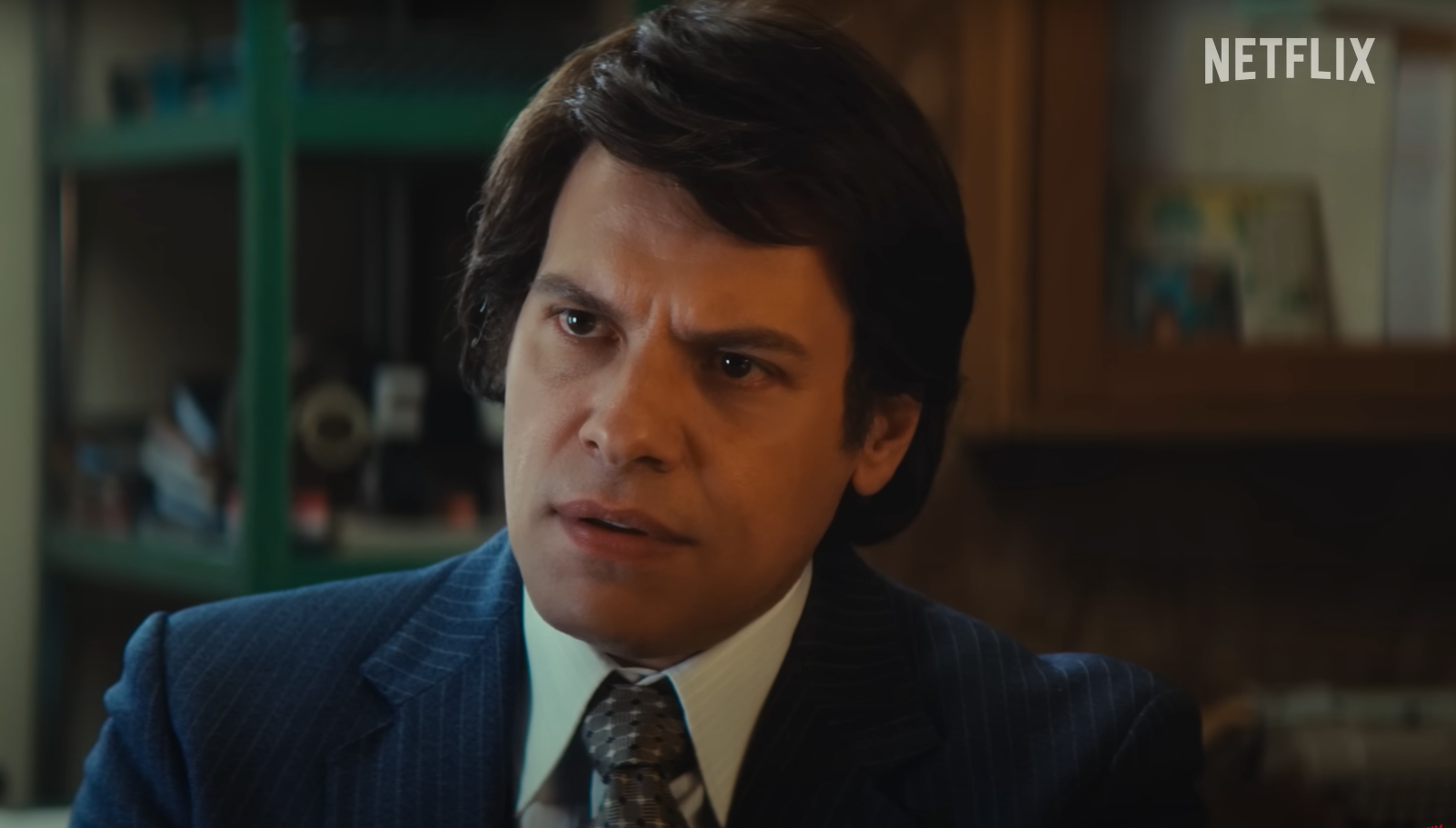
Tapie: Bernard Tapie’s children criticize the Netflix series
“I don’t recognize myself in the devious side of this prosecutor”
(Our meeting) was not improvised at all. Bernard Tapie asked me, I accepted. In the series, the prosecutor pretends not to recognize him and acts naively, like a cat and mouse game I couldn’t imagine playing. During the conversation I adopted a strategy that was perhaps a little more subtle and did not consist in providing the person concerned, even if he was not officially involved in the case, with all the arguments I might have against him. I had no proof but I had elements.
The former Valenciennes prosecutor therefore underlines, without complaint, the liberties taken with real facts and provides his version, the authentic one. He underlines it though the portrait that was made of him did not completely convince him.
I found it an enjoyable job, but I often said to myself: no, that’s not me. Some people find my portrait quite flattering, but it doesn’t seem to remind me of that. Where I don’t recognize myself is in the devious side of this prosecutor. (…) Well, Bernard Tapie wanted to see me. He began by posing as an important and influential figure, leaving the Elysée, which explains his delay. He came to explain football to me, to talk to me about the fragility of the players. But I had nothing to say to him, much less lecture him. This is one thing that bothered me a little about the series. I don’t think it’s very dignified of a prosecutor to make fun of someone he might one day prosecute.
Éric de Montgolfier then notes that the series gave him a character trait that he doesn’t have, and suggests that it could have lent itself to a game of cat and mouse, but that wasn’t the case. But he could also boast of being one of the most memorable characters in the series Tapieand therefore at the origin of his most powerful sequence.
Source: Cine Serie
Ray Ortiz is a journalist at Gossipify, known for his coverage of trending news and current events. He is committed to providing readers with accurate and unbiased reporting, and is respected for his ability to keep readers informed on the latest news and issues.




